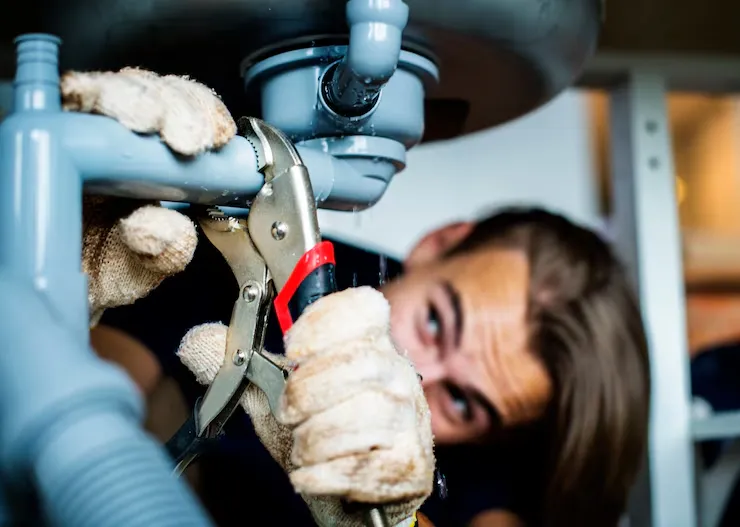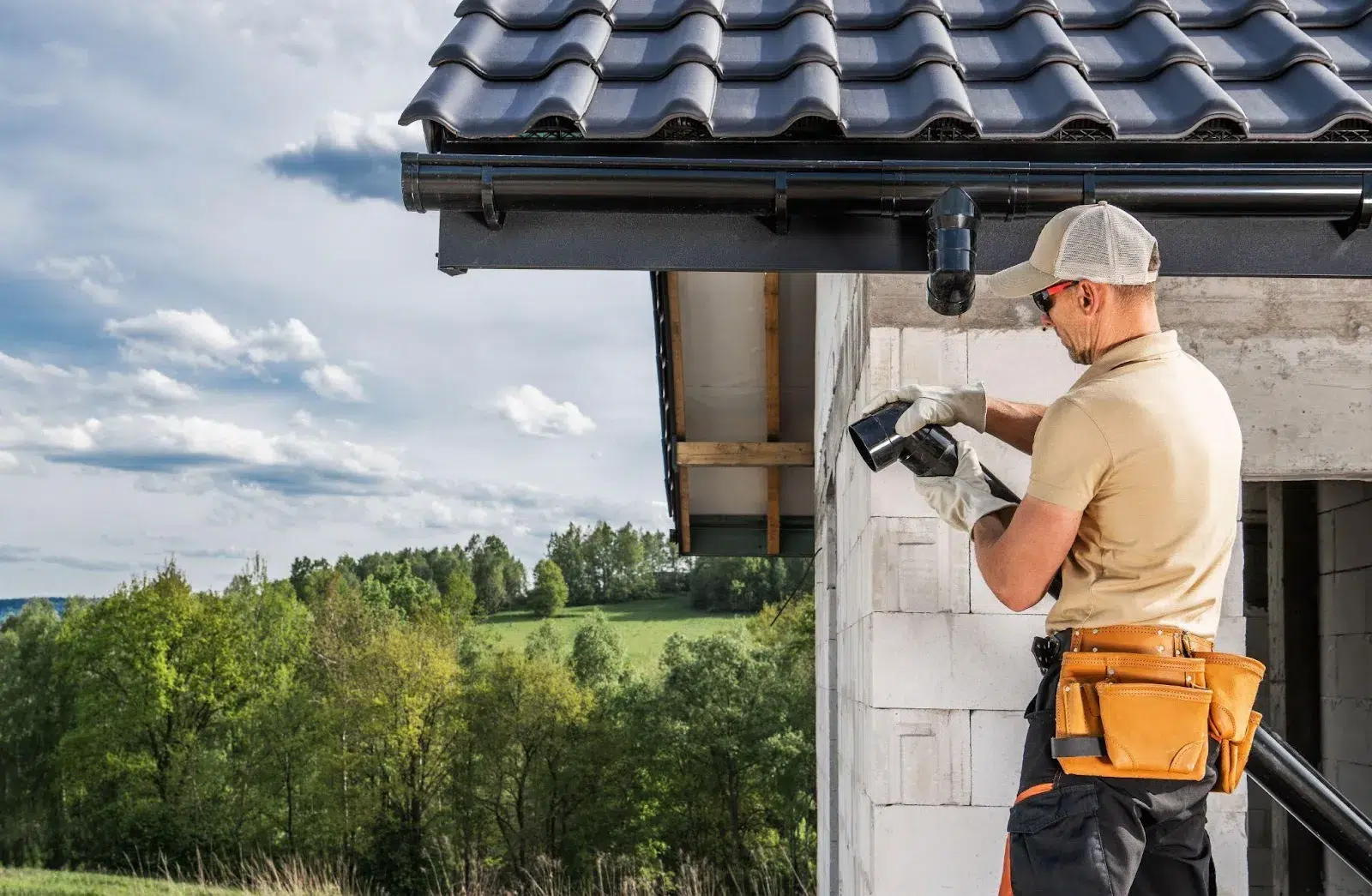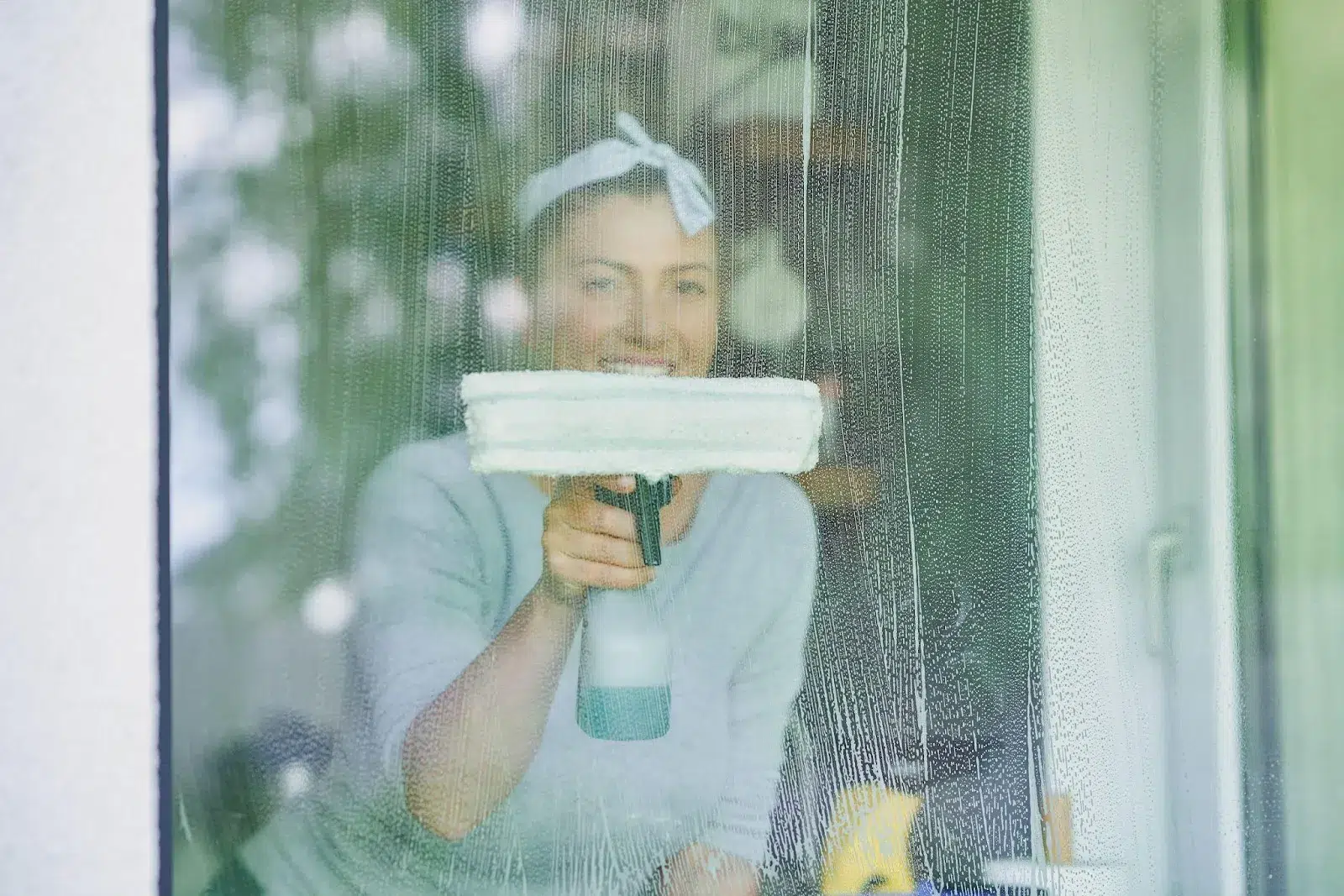Social wellness is critical as we age. While there may not be a single magic pill for healthy aging, strong social connections deliver bigtime health benefits. It’s good for the soul, our happiness and our brain health.
An active social life keeps us on the go and moving physically, boosts our mood and promotes cognitive health which helps fight off dementia and Alzheimer’s disease.
Read more about Boost your brain health with 5 exercises
Being social can lead to a better healthspan and longer lifespan too. Older adults with strong social networks had a 50% higher likelihood of survival compared to those with limited social connections, reports a study published in the Journal of Epidemiology and Community Health. Another study reports that 60-year-olds that visited with friends almost daily were 12% less likely to develop dementia than those who saw one or two friends every few months.
And it appears that interacting with friends, more so than family, promotes positive returns for brain health because you’re generally doing activities outside of your home, according to research. Getting out and into the world helps ward off loneliness and isolation. You meet new people, learn new things, build new memories and workout your brain by exercising many different areas of cognition.
Health and safety perks
Neighbours and best friends Rita Lalonde, 80, and Martine Fournier, 68, are reaping the benefits of social wellness. “Getting together most every day makes us happy and healthy. We’re like sisters, like family – we garden together, go on day trips, line dance and support one another through thick and thin. We keep each other young and laughing,” says Martine.

There’s also a security benefit, she adds. “By being in touch daily we know if something is wrong. For example, if one of us should have a health issue and cannot reach a phone, the other would know so there’s not much chance of someone lying on the floor for hours, alone and afraid.”
According to therapist Joshua Peters, large social networks help to provide additional support for older folks by ensuring they have others to ‘check-on’ their wellbeing “For example, we know that many isolated seniors don’t seek medical attention until it’s too late (or at least longer than necessary) because they simply don’t have anyone available to notice health changes or an emergency.”

Moreover, seniors who fall at home alone and have no one to check-on them are much more likely to experience severe health outcomes than their more social peers, adds Peters, a psychotherapist at the Centre for Interpersonal Relationships.
Isolation is bad for health
Peters highly recommends getting social for the good of your health because the truth is “use it or lose it.” This is in reference to the fact that seniors are especially vulnerable to losing some of the skills they’ve gained over their lifetime when in isolation, and not actively social.
“This can range from simple physical tasks like walking to more complex ones like holding a conversation. Moreover, if seniors attempt to regain these skills it can mean a longer relearning process – and for physical tasks added danger.”
Connections create a fulfilling and enriching life but connecting and maintaining connections isn’t always easy – it can be challenging and intimidating. The thing about getting older is that friends and family may move away or pass away. They can’t be replaced and hearts ache but it’s important to get out of the house and foster new relationships while staying connected to the relationships you do have.
Social isolation is a serious threat to health and affects us mentally and physically. The National Institute on Aging links social isolation and loneliness to higher risks of high blood pressure, heart disease, obesity, depression, cognitive decline and more.
Related read: Ways To Keep Your Brain Sharp
Socialize with all ages
Peters offers up these six tips for seniors to cultivate a healthy social life:
- Start early. It’s important to recognize that creating social connections is a lifelong task.
- Embrace group activities – with varying levels of engagement. Start early by joining groups that require various levels of commitment or activity. You may not always be able to physically participate in your local hockey league, so try joining something less strenuous like a lawn bowling or bridge, in addition to the more strenuous activities you participate in.
- Create a plan. Talk to your loved ones and close friends early on about how you’d like your senior years to look and make a plan to get there.
- Learn to use connecting technologies. Technology can feel difficult to engage with but offers many amazing ways to connect. Try to focus on communication-based technologies like messaging platforms including texting, video conferencing, voice-to-text software.
- Embrace diversity in ages and background. Learning new skills, ways of living, connecting with people who are different from you in safe spaces has been proven aid in greater wellbeing.
- Volunteer. Volunteering in any number of groups can create both a sense of meaning and connection.
Visit the seniors in your life
Meanwhile, it’s also important for family and friends to encourage the seniors in their life to socialize more and include them often. “Visit the senior members of your family. These individuals provide a wealth of experience to learn from – even if it’s quite different from yours,” says Peters.
Encourage those seniors close to you to “story” their life and tell you about moments that changed them as people – good and bad, he adds.
Seniors Active Living Services in Toronto
Create cross-generational activities that all demographics of your family/friend group can partake in. “Time and again I hear amazing stories from clients who strike out and create friends outside of their general age demographics – this diversity benefits all those involved.”




